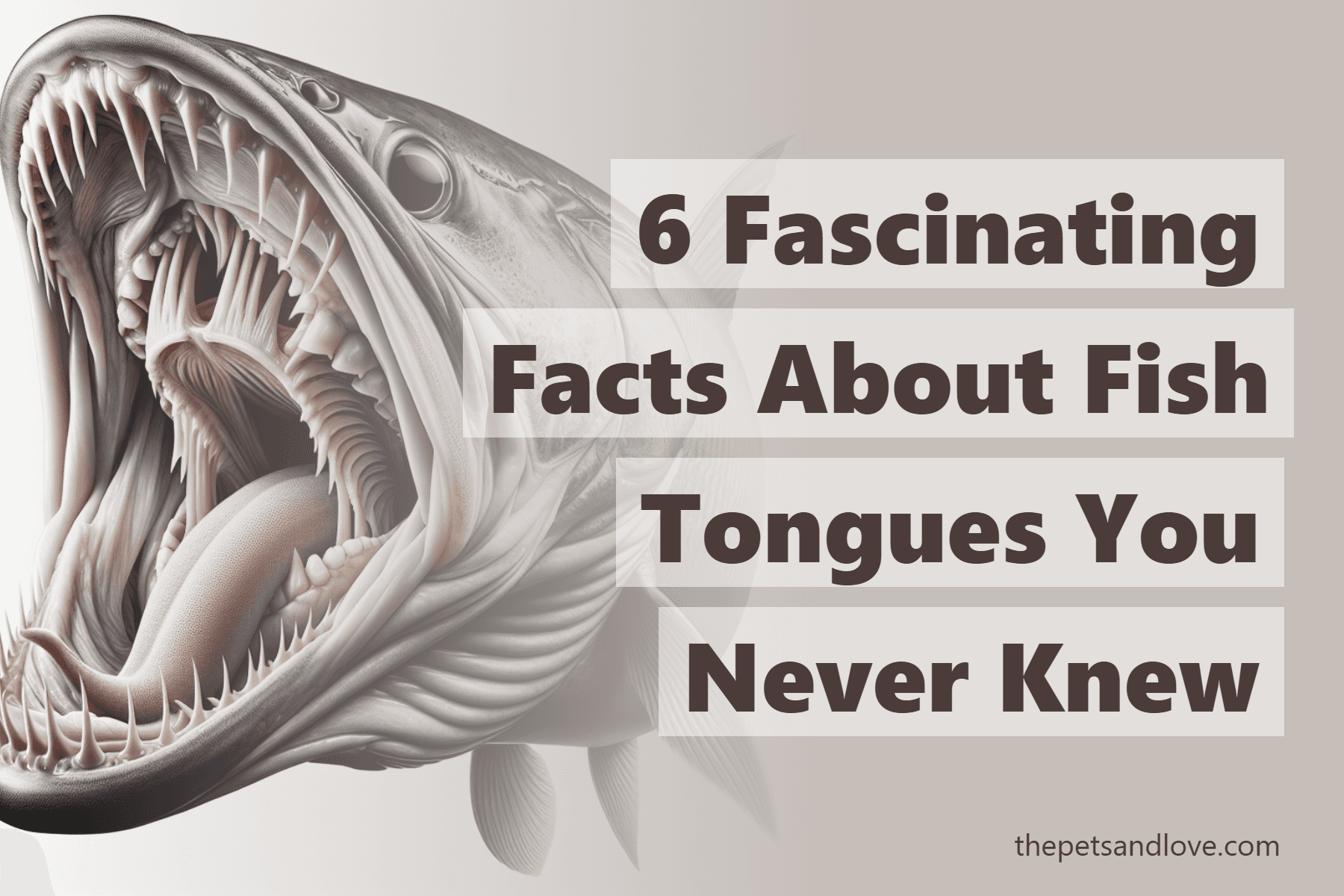6 Fascinating Facts About Fish Tongues You Never Knew

Ever heard of fried cod tongues and thought, “Wait… do fish even have tongues?” I did too. Turns out, they do — but not like ours.
Let’s break it down in a way that makes sense, especially if you’ve got a curious kid asking or you just love learning weird animal facts like I do.
So, do fish have tongues?
Yes — but not in the way we think of tongues. What fish have is called a basihyal, which is a bony structure on the floor of their mouth. It looks a bit like a tongue, but it’s not muscular, doesn’t help with tasting, and definitely doesn’t lick anything.
Instead, the basihyal mostly helps protect important blood vessels (like the ventral aorta) and in some species, it helps push food or water through the mouth.
Do all fish have them?
Most do, but it varies. And here’s the wild part — some fish lose their basihyal to parasites. Yep, there are parasites that actually replace the fish’s tongue. More on that in a bit.
What about “cod tongues” on restaurant menus?
Funny enough, those “tongues” aren’t actually tongues at all. They’re a tasty muscle from the back of the cod’s neck — not the basihyal. So the dish that got me into this rabbit hole (or fish tank?) wasn’t even what I thought it was.
Can fish have teeth on their tongues?
They can — and some do! Certain fish species have small teeth on the basihyal, usually pointing backward. These aren’t for chewing like ours, but they help hold onto prey and push it down the throat. It’s more like a conveyor belt than a chew toy.
Let’s talk about those creepy tongue parasites
There’s a parasitic isopod called Cymothoa exigua (a.k.a. the tongue-eating louse) that attaches to a fish’s tongue, drinks its blood, and eventually causes the tongue to shrivel up and fall off. Then the parasite takes its place and just… lives there.
Gross? Yes. Fascinating? Also yes.
These parasites usually start life as males and switch to females once they latch onto the tongue. They don’t usually kill the fish, but they can make eating and breathing harder. Fish can still survive with them — just not quite as well.
Quick answers to common questions:
Do goldfish have tongues?
Yes! Like other fish, goldfish have a basihyal. If you peek into their mouth, you might spot it.
Do fish have taste buds?
They do — and not just in their mouths. Many fish have taste buds on their lips, fins, and even skin. Catfish, for example, have over 100,000 taste buds, including on those whisker-like barbels.
Do fish have teeth?
Yes. Depending on the species, teeth can be found on the jaws, throat, lips — even the tongue. Carnivorous fish tend to have sharp, gripping teeth, while herbivores have flatter teeth for grinding.
Do any animals not have tongues?
Yep. Sea stars, urchins, crustaceans, and even some frogs (like pipidae frogs) don’t have tongues at all. Nature’s weird like that.
So while fish might not be sticking their tongues out at you anytime soon, they’ve got their own unique version — and in some cases, even weirder things going on in their mouths. Just one more reason to appreciate how bizarre and amazing aquatic life really is.
